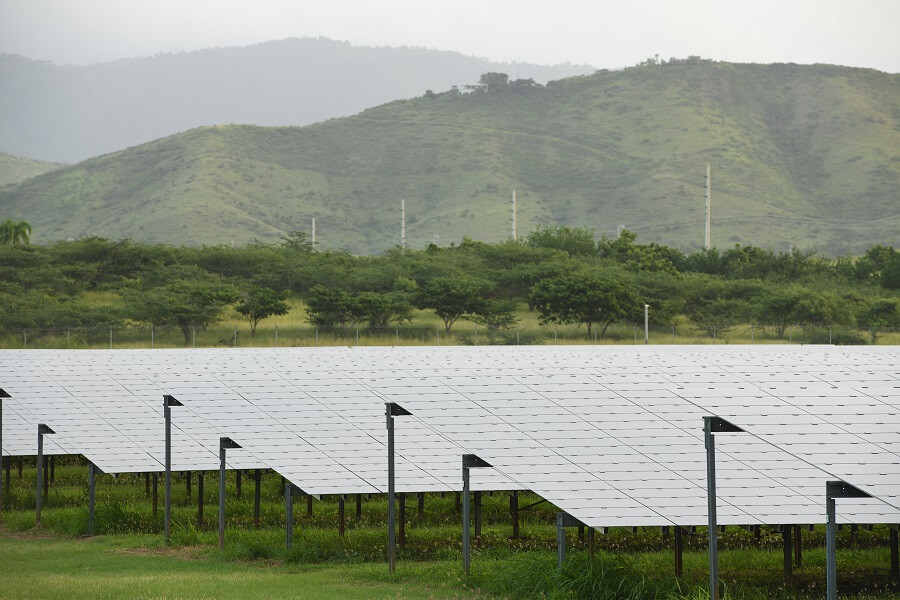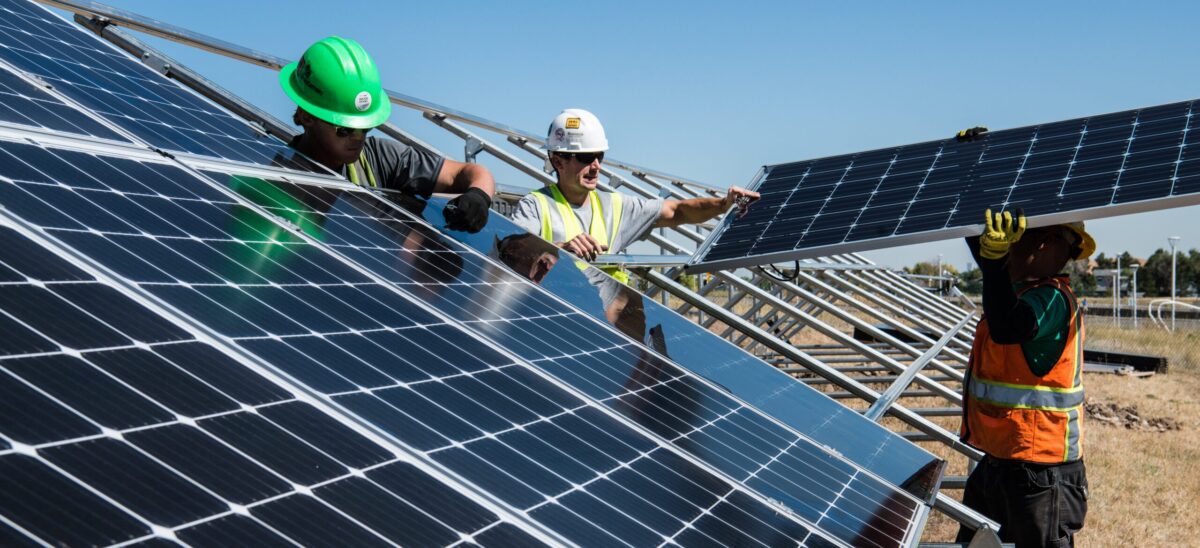Investors are finding opportunities in a broader range of climate companies in India, going beyond the next e-scooter maker and energy provider. They are funding companies that provide battery charging and swapping infrastructure, others that help measure carbon footprint, and startups monitoring planet health through satellite imagery.
“Now an entire ecosystem around climate change is getting funded,” says Divya Pinge of Delhi-based impact investing network Impact Investors Council.
Climate tech topped impact investors’ favored sectors in India last year, accounting for 28% of the $2.9 billion in impact investments, according to the IIC’s most recent trends report. It surpassed financial inclusion and tech for development, which were the most popular investment sectors in the two previous years.
“Reduction of greenhouse gas emissions is now increasingly forming a critical aspect of consideration across sectors – be it transport, consumables or agriculture,” says the report.
Both investors and entrepreneurs are feeling motivated to spur climate solutions, as the impact of climate change becomes increasingly real and widely felt, adds Pinge’s colleague at the IIC, Girish Aivalli. “Even people who are wanting to set up new funds – they are talking about climate.”
Investment context
Impact investments in India last year fell by half compared to 2022. Aivalli attributes the retrenchment to a global funding slowdown rather than investors’ view on India. Some impact firms are now looking to raise new funds with allocations to India, he adds.
Singapore-based ABC Impact, which notched a $550 million first close for its second fund in January, has said a third of the capital will be invested in India. The firm is especially keyed in on climate-smart agriculture, “where practices enhancing productivity and resilience mitigate climate impacts, improve food security, and uplift farmers’ livelihoods,” say ABC Impact’s Sugandhi Matta and Zuo Yi Yeo. ABC Impact has invested in Cropin, a provider of digital services to agribusinesses.
ABC Impact’s interest in climate-smart agriculture reflects a broader evolution in the types of climate startups that are attracting capital. Climate-smart agriculture technologies made up about 10% of the climate tech deal flow in India last year, according to IIC’s report.
EV infrastructure providers are now also grabbing investor attention. Firms that provide charging and swapping solutions for electric batteries, such as Charge+ Zone and Battery Smart, raised $144 million in 2023, representing more than 25% of sustainable mobility investments. That’s up from less than 10% in 2022. Previously, it was mostly EV makers that scored most of the funding. Exponent Energy, a provider of rapid EV charging systems, secured funding from Lightspeed and Eight Roads Ventures.
Pinge of IIC said that investors are keen to fund innovative ideas, such as solutions that make it easier to access electric vehicles. It’s a question of finding “the right kind of business model which can also be commercially viable,” she said.
Chennai-based startup Fullfily, a platform for renting, parking and charging of electric vehicles, raised early stage funding last year. Electric bus services-provider FreshBus, and electric cab services providers Evera Cabs and BluSmart also completed fundraises. BluSmart is now seeking to raise an additional $25 million to expand its fleet.
Emerging climate tech sectors include startups that make software to help individuals and businesses measure and manage their carbon footprints, such as Breathe ESG and StepChange, which together raised $4.5 million. Pixxel, a company based in Los Angeles and Bangalore that is building an earth-imaging technology for climate analytics, raised $36 million from Google, Lightspeed and Blume Ventures.
Funding ebbs and flows
Deal flow to climate-tech companies has continued this year, though at a slower clip. Private equity and venture capital investors poured $660 million into climate tech companies so far this year through early June, according to data provider Venture Intelligence. The largest deals this year include a $69 million investment into TI Clean Mobility, a Chennai-based manufacturer of three-wheeled electric vehicles, and $50 million investment in Hinduja Tech Limited, a mobility-focused engineering R&D services company.
More recently, battery tech startup Battery Smart raised a $65 million funding round, backed by the UK development finance institution British International Investment and impact private equity firm LeapFrog Investments. Electric vehicle-maker Euler Motors scored $24 million.
Impact investors’ second favored sector is financial inclusion, which notched $700 million in funding last year, according to IIC. Technology for development followed at around $500 million and healthcare at $470 million.
Across sectors, the size of investments has declined with fewer large-ticket, later-stage deals happening in 2023. Aivalli says the funding slowdown has led to “saner” valuations for companies, and startups have become more focused on becoming profitable with the scarcity of funding.
That said, India’s unrivaled size as an impact market will continue to lure investors, says Aivalli. “Given the challenges that we have, the underserved communities that we have, sectors will keep on attracting money.”












